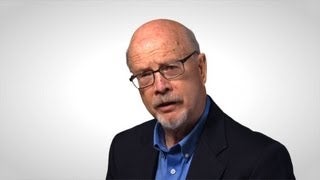Bio
David Bradford is the Eugene O’Kelly II Senior Lecturer Emeritus in Leadership. He received his PhD in social psychology from the University of Michigan and taught at the University of Wisconsin-Madison before coming to Stanford in 1969.
His research interests have led to six books, numerous articles, three training programs and a MOOC on leadership, team performance, and the influence process. He also has consulted and conducted executive programs to a variety of organizations in the for-profit and not-for-profit sector, including Hewlett-Packard, IBM, Cisco Systems, Levi Strauss & Co., Roche Pharmaceutical, Raychem, and the Whitney Museum of American Art.
In addition, Dr. Bradford has been involved with educational innovation at the college level. He was the founder of The Organizational Behavior Teaching Society and the first editor of their journal. He received the Exemplar of Excellence in Education award from The University of Phoenix. Dr. Bradford is on the editorial board of The Journal of Applied Behavioral Science, The Journal of Management Education, and The Academy of Management Learning and Education.
Academic Degrees
- PhD, University of Michigan, 1966
- BA, Oberlin College, 1960
Academic Appointments
- At Stanford University since 1969
- Assistant Professor, University of Wisconsin, 1966–1969
Service to the Profession
- Editorial Board, The Journal of Management Education, Academy of Management Learning and Education
- Member, Society for the Psychological Study of Social Issues
- Member, Academy of Management
- Member, American Psychological Association
- Member, National Training Laboratory: Institute for Applied Behavioral Sciences (past member of the Board of Directors )

